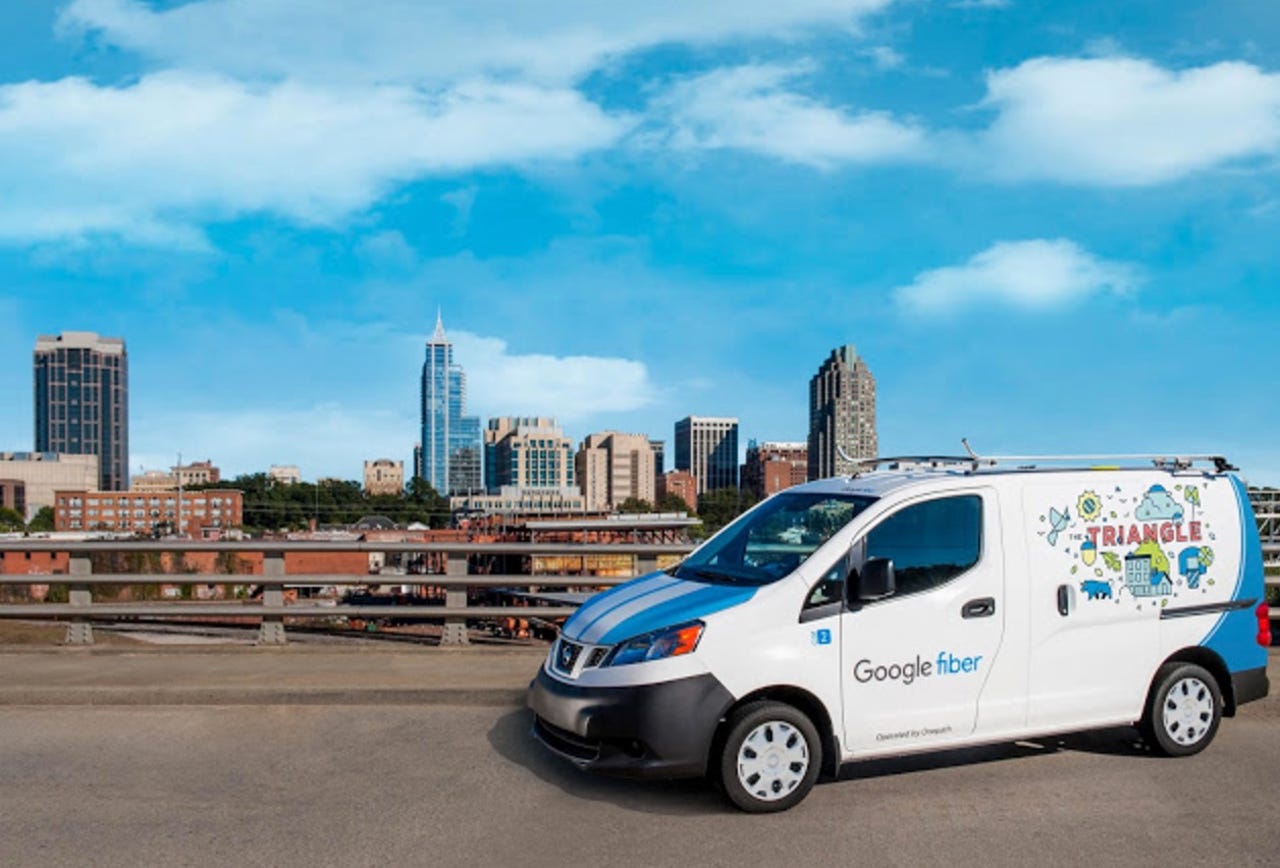Google Fiber chief steps down after five months in the job


Google Fiber's chief executive officer, Gregory McCray, has stepped down after only five months in the role.
Google's parent company, Alphabet, is on the hunt for a replacement, but as McCray was only hired back in February, the company may have been left flat-footed in the search for a stable chief to oversee the high-speed broadband service.
"We are committed to the success of Google Fiber," Alphabet CEO Larry Page said in a statement. "The team is bringing gigabit connections to more and more happy customers, Fiber has a great team and I'm confident we will find an amazing person to lead this important business."
McCray took over from Craig Barratt, who stepped down from leadership in October 2016.
The rollout of Fiber was paused in nine cities and roughly nine percent of the division's staff was cut while the hunt went on for a new chief. And while Barratt moved to an advisory role, McCray accepted the job of Google Access CEO -- the unit that houses Fiber -- in February.
McCray took on Google Access after a stint as CEO of telecom services provider Aero Communications and also served on the board of directors for CenturyLink.
It is not known why the former chief has suddenly quit. However, according to Bloomberg, McCray upset staff and caused a plethora of HR complaints during his first address to Google Access employees.
Read also: Google Fiber pushes automatic piracy fines to subscribers
The future does not seem to be as bright as it once was for Google Fiber. Several years ago, demand for the high-speed broadband service, which offers either Fiber 100 (up to 100Mbps) for $50 per month and Fiber 1000 (up to 1,000Mbps), prompted expansion from the testing ground in Kansas City to other US cities.
However, deployment is slow work, especially in areas where there are no existing cable infrastructures, which requires Google to dig up streets and lay its own -- causing disruption and annoyance to the community.
In addition, rival companies such as Verizon are now offering their own "gigabit" products, which are close to the same speeds.
Unless the tech giant can quickly find a replacement willing to go the whole way and push the unit forward, we may not see Google Fiber in many more cities in the future.